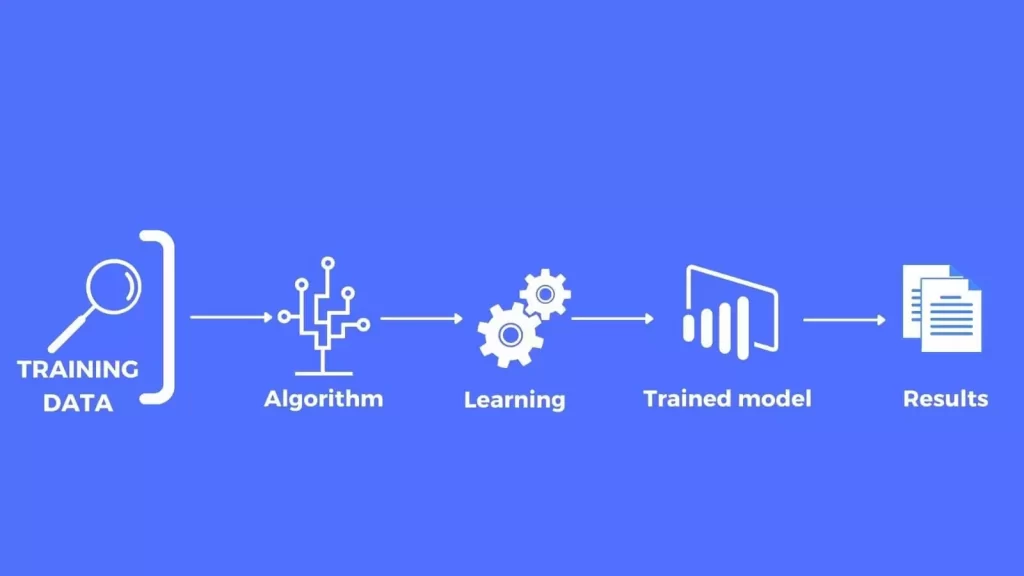Intelligent systems have become integral to our lives, from virtual assistants on our smartphones to sophisticated recommendation engines on e-commerce websites.
Behind the scenes, these intelligent systems rely on two crucial components: Data Training and Data Modeling. Understanding the significance of these elements is essential for developing robust and efficient AI applications.
The Power of Data Training
Data Training is the foundation upon which intelligent systems are built. It involves feeding large amounts of relevant data into machine learning algorithms, enabling them to learn and improve their performance over time.
The more high-quality data an AI system is exposed to, the more accurate and reliable its predictions become. Data Training is a virtual teacher guiding the AI system to recognize patterns, make decisions, and respond to different scenarios.
Data Modeling: Crafting Intelligence
Once the AI system is sufficiently trained, the next step is Data Modeling. This process involves constructing the architecture and algorithms that enable the system to interpret and process the data effectively.
Data Modeling is like the brain of the AI system, where it organizes and processes the information, making predictions and decisions based on the patterns it has learned.
A well-designed Data Model ensures that the AI system can handle complex tasks, adapt to new situations, and provide valuable insights to users.
The Importance of High-Quality Data
For any intelligent system, the quality of the training data is of utmost importance. Garbage in, garbage out – an old saying that also holds true for AI.
If the training data is flawed or biased, the AI system’s outputs will also be flawed and biased. Ensuring the data used for training is diverse, representative, and free from any discriminatory elements is crucial for developing unbiased and inclusive AI systems.
Iterative Learning: The Path to Excellence
The process of Data Training and Modeling is not a one-time event but an iterative one. AI systems continuously learn from new data and user interactions, improving their performance with each iteration.
This iterative learning process helps them stay relevant and adapt to changing circumstances, making them more intelligent and efficient over time.
Challenges in Building Intelligent Systems
Building intelligent systems comes with its fair share of challenges. Acquiring and preparing high-quality data can be time-consuming and resource-intensive.
Additionally, designing effective Data Models that balance complexity and simplicity requires expertise and experimentation.
Addressing ethical concerns, such as data privacy and bias, remains a critical challenge in developing responsible AI systems.
Final Words!
In conclusion, Data Training and Modeling are pivotal in building intelligent systems. Data Training provides the necessary knowledge and experience to AI systems, while Data Modeling empowers them to interpret and apply that knowledge effectively.
By embracing high-quality data, iterating the learning process, and addressing challenges responsibly, we can create robust and reliable AI applications that positively impact various aspects of our lives.
As we continue advancing AI technology, the future holds exciting possibilities for creating even more innovative, sophisticated, intelligent systems.

I’m Kelly Hood! I blog about tech, how to use it, and what you should know. I love spending time with my family and sharing stories of the day with them.








